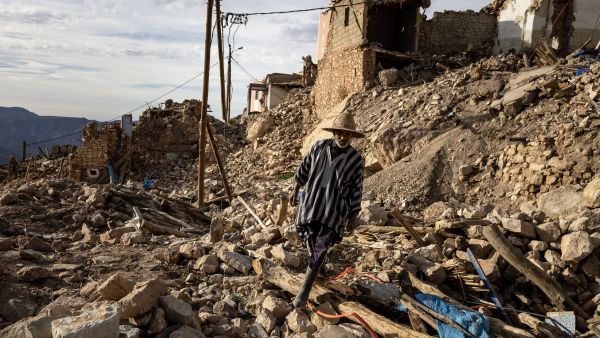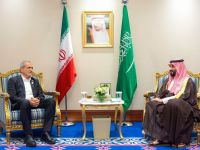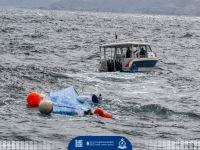ALBAWABA - As Moroccans commemorate the first anniversary of the devastating earthquake, which killed more than 3,000 people and injured 5,500+, international aid organizations call for action to support those in the remote affected areas.
Last year, just before midnight on September 8, a terrible earthquake devastated Morocco's Al-Haouz region, killing thousands and leaving over 380,000 people homeless. More than 59,000 residences and at least 530 schools were damaged or destroyed.
The 6.8 magnitude earthquake was the most violent recorded in Morocco in over a century and the worst since 1960, wreaking havoc on over 95 towns and villages in the High Atlas mountain region of Al-Haouz province, some 72 kilometers from Marrakesh.
Hlima Razkaoui, CARE International Maroc Country Director, stated that despite the continuous efforts from authorities and reconstruction efforts undertaken, thousands in the remote affected areas continue to live under bad conditions.
"many families, more specifically those in the remotest hard-to-access mountainous areas, have lost everything and are still living in tents offered by government and civil society partners," Razkaoui said.
"Therefore, we have prioritized supporting economic recovery, reconstruction, and rehabilitation efforts in some of the most heavily-affected villages, providing dignified shelters, pre-fabricated safe women's spaces, and schools that enable people to regain some sort of normalcy," she added.
The International Federation of Red Cross and Red Crescent Societies (IFRC), and residents of the region say restoration is moving slowly owing to limited access to some places and a lack of finances.
The IFRC's local representative stated that several survivors believe the world has forgotten about them. The spokesperson asked the international community to remember them, saying that it is taking a long time for them to return to regular life.
Dr. Mohammed Bendali, Head of Disaster Management, First-Aid Volunteering and Youth for the Moroccan Red Crescent, said: "The scale of the devastation was immense, but so was the response. Our volunteers and staff worked tirelessly to support the affected communities, providing not only material aid but also mental health and psychosocial support to help people cope with the trauma of the disaster,".
The focus has now shifted to early recovery, with efforts focused on rebuilding livelihoods, improving access to clean water and sanitation, building temporary classrooms and clinics, and providing long-lasting, insulated shelters.
Additionally, efforts are being made to bolster the government's assistance to the affected families. The Morocco Red Crescent (MRC) has been dedicated to helping the impacted families for as long as it takes, despite the difficulties.







